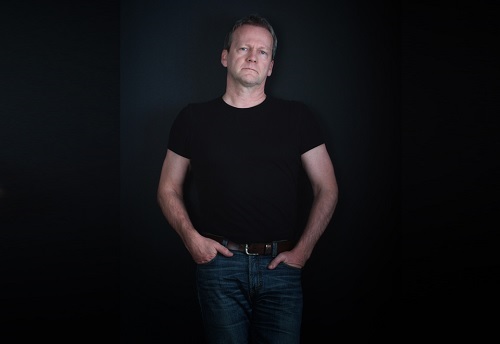
Leading education expert Pasi Sahlberg says the issue of restricting smartphone use is best handled in close collaboration with children and their parents – not through bans by schools and Departments.
The debate over the extent to which schools should be restricting students’ smartphone use has caused division among experts.
In December last year, NSW Premier, Gladys Berejiklian, announced a ban of mobile phones from all primary school classrooms following an independent review launched in September.
Schools in other states have also been cracking down. Melbourne’s McKinnon Secondary College has implemented a policy that makes students lock away their smartphones until the end of the school day.
However, Finnish educator, author and scholar, Pasi Sahlberg, says a ban on smartphones constitutes a “simple but ineffective” solution.
“Most of ‘screen time’ takes place outside of school and simply taking the gadgets away from kids in school would not help, especially it is not a good idea for those who suffer from screens the most,” Sahlberg told The Educator.
This issue, he explained, is best handled in close collaboration with children and their parents.
“We need to educate them about the advantages of technology and risks related to heavy use of it. We need to work with parents to set the limits how smartphones, games and media is used at homes and in schools,” he said.
“Most importantly, we need to do much more with children now to help them to safe, responsible and reasonable use of their devices in school and at home. Self-control is the most powerful way to take control of this new phenomenon.”
Sahlberg said parents and schools alike should also do more to offer their children alternative activities to “hanging around” in social media or on the Internet, such as going to the playground, playing together at home, or going out for physical activity together.
“It is critically important that parents and teachers are role models to children by keeping their own devices away,” he said.
Sahlberg said several researchers around the world have found correlations between screen time and children’s mental health and wellbeing, but these same experts don’t believe there is necessarily any causal link between the two phenomena.
“Some of these experts are in Finland. At the same time, vast majority of Finnish teachers think that their students have significantly changed so that they have more mental, social and behavioural challenges during the past five to ten years,” he said.
“Most teachers believe that this is due to heavy use of digital devices, especially social media.”
Sahlberg noted that there is still not acceptance in Finland that screen time and declining student wellbeing and mental health would be behind declining student achievement in PISA, including in national assessments.
“I think in Finland and Australia we should act very quickly to this matter by accepting the facts and at the same time invest in research that would help us to understand why student learning especially in complex domains like mathematics, science and reading have been in decline,” Sahlberg said.
“The Gonski Institute at the UNSW is about launch a large study now that is looking at this very challenge.”


